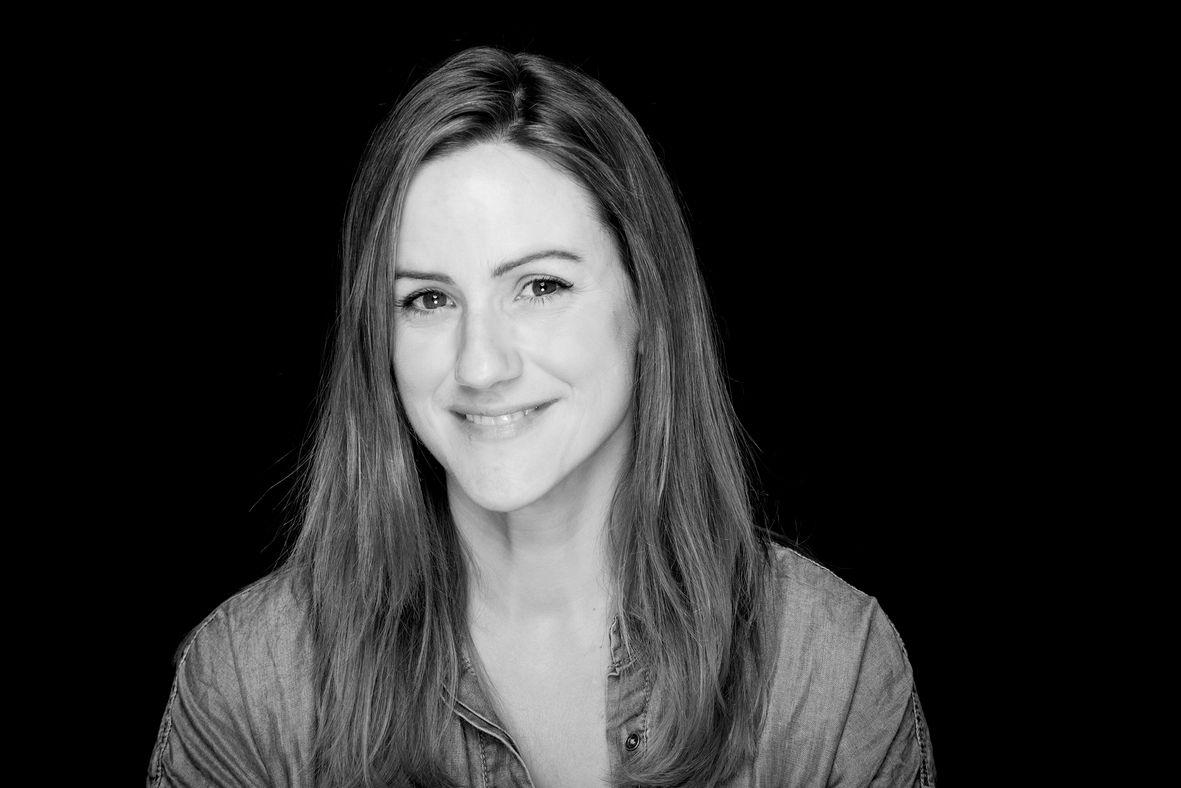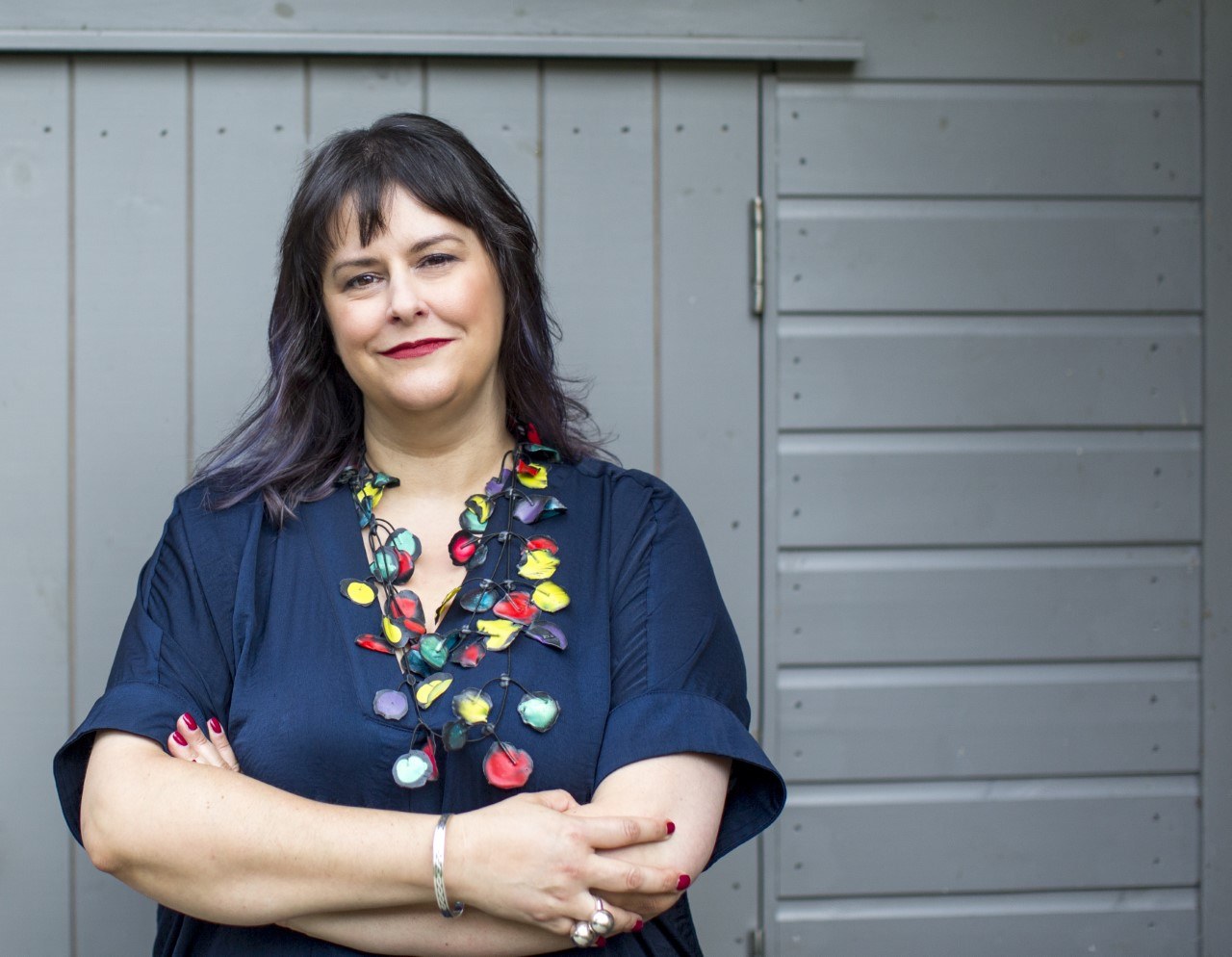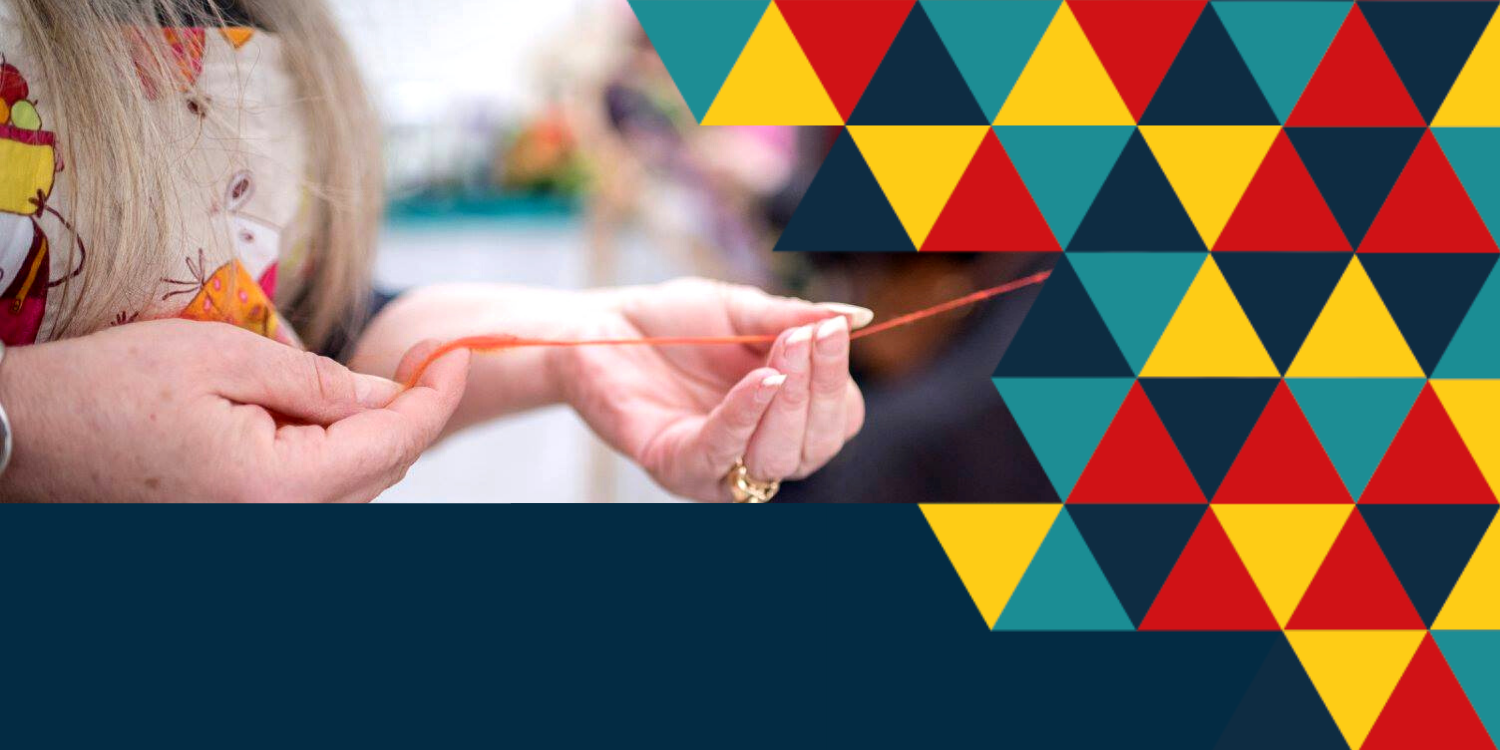On the governance today and in the future
What are the most pressing governance challenges facing the culture sector today
There are lots of current challenges in governing an arts organisation, but they are reflective of, and inextricably linked to the world we’re living in at the moment. So, after 10 years of austerity there is inevitably more competition for funding, and for us at Heart of Glass that brings a more complex funding structure. With that comes a myriad of stakeholder relationships to manage, and a mammoth set of management accounts.
Like most arts organisations, we operate a voluntary board so we rely on very busy people giving up their time to govern appropriately. When it’s business as usual, it's not a big problem, but the equilibrium can easily be disturbed and suddenly it’s all hands on deck.
One of the things that is always on my mind is ensuring we can attract and retain the right board members and staff, especially at a high level. It’s vital that we ensure our governing body and staff body reflect the communities we work with. Good governance relies on an open and trusting relationship between the board and senior staff and it takes time and effort on both sides to create the best environment for the organisation to thrive.
We’re living in extraordinary times, the level of uncertainty brought about by Brexit and the surrounding political chaos is unsettling. We’re trying to build a long term future for Heart of Glass and it’s very difficult to do that when there’s such short-termism in local and national politics.
How has cultural governance changed in the last 10 years?
It seems to me that cultural governance has benefitted over the last 10 years from more formal structures, which in turn has afforded organisations more independence. A lot of hard lessons were learned in the noughties when a number of high profile lottery projects failed and the learnings from the Kids Company scandal firmly pointed to the impact poor governance can have. This put a renewed focus on cultural governance and encouraged organisations to reinvigorate their boards.
There’s so much more experience in the sector now and our networks are stronger. Liverpool and the city region really benefitted from Liverpool’s time as European Capital of Culture when, in the run up to 2008, arts organisations worked together to ensure its success. The networks set up then are still thriving now and there’s a genuine culture of collaboration.
What’s the greatest opportunity that sector-wide good governance might bring?
There is so much value in sharing experiences in the arts, it means we can avoid pitfalls and we don’t all make the same mistakes. It makes for more healthy organisations who can manage risk based on a shared body of information and previous experience.
It’s vital we have a sector-wide approach to lobbying central government for more funding provision for culture. We all need to make the case and make it well. I’m a strong believer that culture can genuinely change lives, and I’ve seen it in action both at Heart of Glass and in previous roles, but we have to be really good at telling the stories that show how we can make a difference and add value to a community.
How do you see the governance of culture evolving over the next few years, particularly with the civic role of the arts in mind?
It’s really difficult to answer this given the current state of affairs in national politics, but regardless of what happens next we will always be fighting for funding. I don’t think we’ve yet seen the real impact of years of cuts on local authorities so we will have to strive to keep culture on the agenda as they continue to face intense pressure.
The changes in education policy over the last few years to reduce, and in some case remove, the arts from the curriculum will become more and more of an issue for arts organisations. We risk only the wealthiest being able to study arts subjects, which means our sector will not be reflective of our communities, we will lose audiences for cultural activity, and we will have fewer artists, dancers, curators, producers, musicians and actors.
What can we learn from other sectors - in the UK and internationally - about good governance?
In my day job I work in a branding agency and I see a whole variety of different kinds of businesses and governance structures, but the principles are the same. High levels of trust are required to make successful leadership teams and that goes for boards too. People need to know what they are there for and their place in the bigger picture. In my opinion a board should be there to help and advise, ask the right questions and make strategic decisions when they are required to. They are not there to run the organisation.
The biggest challenge for my clients is how they keep up with the current pace of change, so we’re asking questions about how new technologies are relevant to them and their consumers, how they respond to changing audiences and consumer behaviour, and how changes to the way people work will affect them. I think the cultural sector has a bit of catching up to do in this respect.
What’s the future of cultural governance in one word?
Sanguine (definition: optimistic or positive, especially in an apparently bad or difficult situation).



